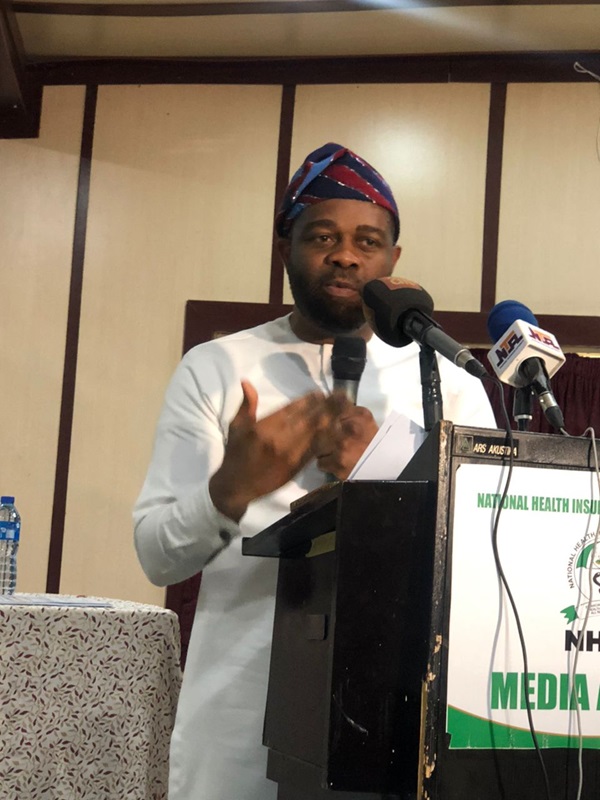
The Federal Government, through the National Health Insurance Authority (NHIA), has launched a groundbreaking initiative to reduce maternal mortality in Nigeria, focusing on subsidised health insurance for vulnerable women under the Vulnerable Group Fund (VGF).
Director-general of the NHIA, Dr. Kelechi Ohiri discussed the initiative in an interview with ‘Science Nigeria’ in Abuja.
Ohiri stated that maternal mortality remains a major concern in Nigeria, with haemorrhage, hypertension, sepsis and obstructed labour among the primary causes of death during childbirth.
He noted that each statistic represents the loss of a mother who might have survived with timely access to healthcare.
The NHIA boss explained that the NHIA’s four-step strategy, under the NHIA Act 2022, aims to change this narrative by fully covering health insurance premiums for vulnerable women under the VGF.
He outlined the programme’s four-step strategy to save lives: “Early identification of complications during labour and delivery; comprehensive postpartum care, including family planning and education; enrollment in health insurance for ongoing care and reducing financial burdens caused by out-of-pocket expenses.”
The initiative is being implemented in 11 key health institutions nationwide, selected for their high maternal mortality rates and service volumes.
“These facilities include Aminu Kano Teaching Hospital in Kano, University of Uyo Teaching Hospital in Akwa Ibom, Abubakar Tafawa Balewa University Teaching Hospital in Bauchi and Usman Danfodio University Teaching Hospital in Sokoto,” he said. “Among others is the University of Maiduguri Teaching Hospital. By targeting high-risk facilities and ensuring their readiness, the programme takes a focused approach to maternal health.”
Ohiri emphasised that the VGF initiative not only promises to save lives but also aims to reduce household financial stress by eliminating out-of-pocket expenses for critical maternal services.
He added that its holistic approach ensures that mothers receive both preventive and emergency care, helping them thrive in their roles as caregivers.
To sustain and expand the program, he called on state governments and healthcare stakeholders to invest in targeted health financing and insurance for women.
As Nigeria strives to meet its maternal health goals, Ohiri said that the NHIA’s initiative serves as a powerful reminder of what is possible when health financing aligns with community needs.
“This programme offers a lifeline to countless women, ensuring they have access to the care they deserve,” he concluded.

